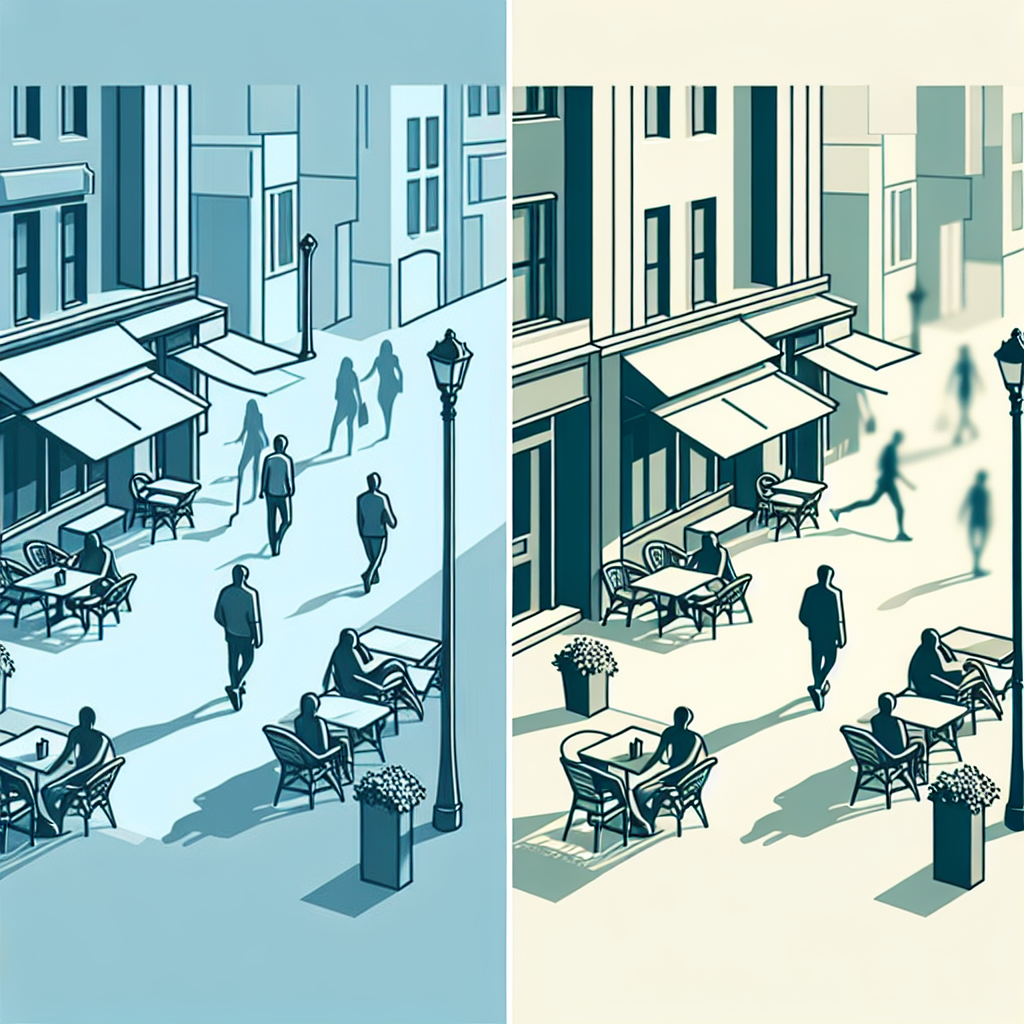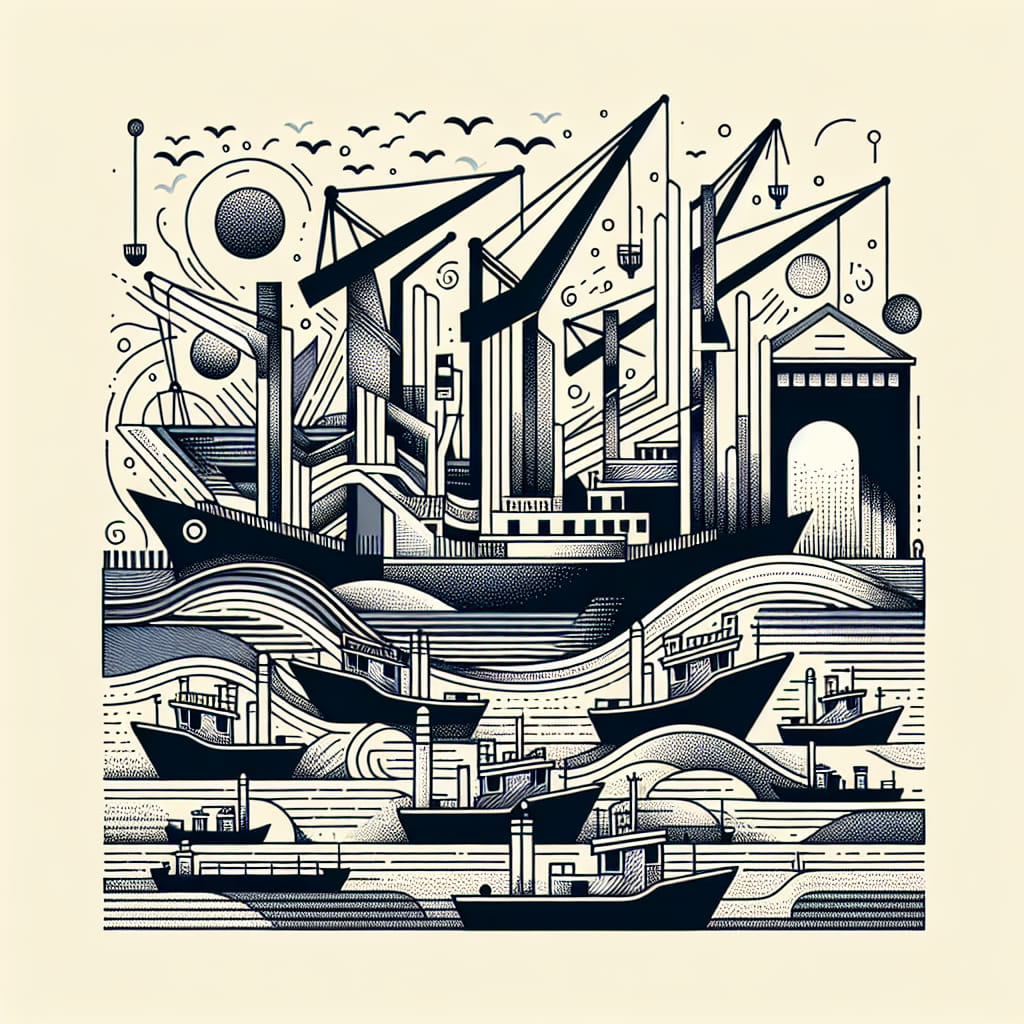· word of the day · 4 min read
Unlock the Essence of French Culture: Exploring the Enigmatic Word Flâneur
Explore the unique French word flâneur and uncover the cultural essence and historical significance it holds in enhancing your language skills and deepening your understanding of French urban life and philosophy

Discovering the Charms of French: The Enigmatic Word “Flâneur”
Learning a new language opens up a world of opportunities, not just for communication but also for cultural immersion and personal growth. For enthusiasts of the French language, delving into the less trodden path of obscure words can be particularly rewarding. These words often carry with them the essence of the culture and history of the people who speak the language. Today, let’s explore an intriguing French word that encapsulates a unique cultural characteristic: “flâneur.”
What is a Flâneur?
Pronunciation: /flɑːˈnər/
The term “flâneur” comes from the French noun “flâner,” which means to stroll idly. A “flâneur” then, is one who engages in this activity, but with a layer of nuanced meaning. It describes someone who saunters around the city in order to experience it, observing society with the detached curiosity of an outsider. The flâneur is not just a wanderer; they are an explorer of urban life, a connoisseur of the street.
Cultural Significance
The concept of the flâneur first gained prominence in 19th-century France, particularly through the writings of Charles Baudelaire. For Baudelaire, the flâneur was not merely an observer but also a critical participant in the life of the city. The flâneur represented a way to understand and critique the complexities of modern urban life.
In contemporary discussions, the flâneur epitomizes the idea of leisurely exploration contrasted against the backdrop of fast-paced modern living. It evokes a romantic vision of solitary exploration, where the flâneur finds freedom in anonymity and observation.
Usage and Examples
In modern French, “flâneur” can be used both in a literal and a figurative sense. Here are a few examples to illustrate its usage:
- Literal: “Hier, j’ai passé l’après-midi à être flâneur dans les rues de Paris.” (Yesterday, I spent the afternoon being a flâneur in the streets of Paris.)
- Figurative: “Il est le vrai flâneur, toujours prêt à observer et à réfléchir sur la complexité de la vie urbaine.” (He is a true flâneur, always ready to observe and reflect on the complexity of urban life.)
Idiomatic Expressions and Sayings
While there are no specific idiomatic expressions that arise solely from the word “flâneur,” the concept has influenced a variety of expressions related to wandering and observing. For instance, “se perdre pour mieux se retrouver” (to lose oneself to better find oneself) captures the spirit of what a flâneur does — they lose themselves in the streets and in the process, gain deeper insights into the world and themselves.
The Flâneur in Literature and Folklore
The flâneur is a figure that appears frequently in French literature, from the poems of Baudelaire to the novels of Émile Zola. In these works, the flâneur often serves as a narrator or a central character who guides the reader through the urban landscape, offering insights into society and human nature.
In folklore, the flâneur doesn’t appear as a character in traditional tales but rather as a modern mythic figure representing the spirit of Paris and, by extension, any urban setting. This figure is seen as embodying the lyrical and often solitary experience of city life.
The Value of Learning Obscure Words Like “Flâneur”
For language learners, the journey into the less common areas of vocabulary is not just about adding words to one’s lexicon. It’s about uncovering the soul of a culture. Words like “flâneur” offer more than just a definition; they provide a window into the values, history, and societal norms of the French-speaking world.
Understanding these unique words can deepen your appreciation of the language and enhance your ability to express complex ideas and emotions. Moreover, they can serve as a bridge to more meaningful conversations with native speakers, who might be pleasantly surprised by your knowledge of such culturally rich vocabulary.
Conclusion
Exploring words like “flâneur” enriches your understanding of French not just as a language, but as a lifestyle and philosophy. It opens up new avenues for cultural exploration and personal expression, allowing you to see and experience the world through a different lens. As you continue your language learning journey, embrace the obscure and the unusual. It is in these intricacies that the true flavor and zest of a language often lie.
So, the next time you find yourself wandering through the bustling streets of a French city or town, remember the flâneur. Embrace the moment, observe keenly, and let the city unfold its stories to you, one leisurely step at a time.




